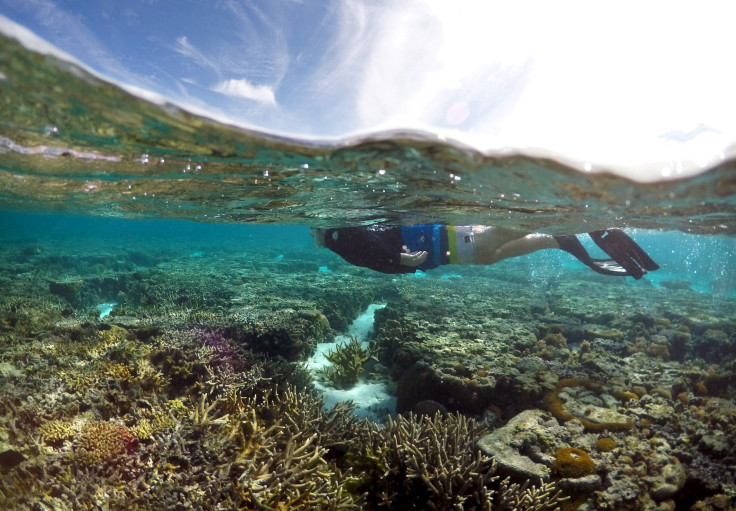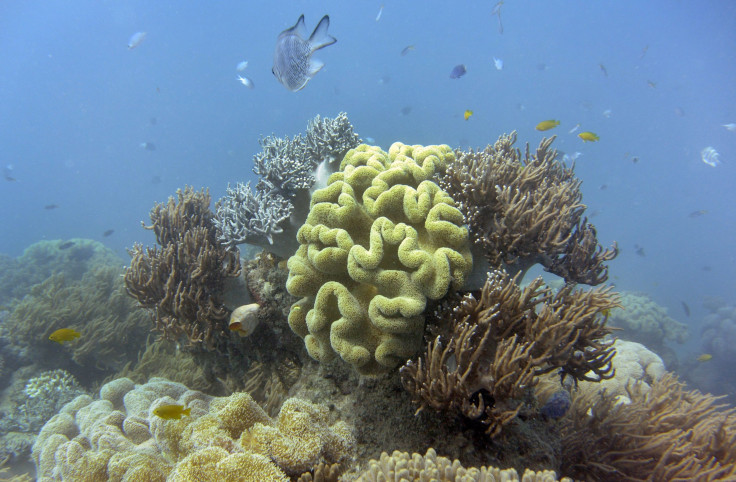Climate Change News: Global Coral Threatened By El Niño, Climate Change

Climate change could claim another significant victim next year, scientists warn.
Corals across the world are in danger of bleaching due to rising water temperatures from El Niño, according to a study released Thursday from Australia's University of Queensland and the U.S. National Oceanic Atmospheric Administration. El Niño is a weather phenomenon caused by variations in ocean and atmospheric temperatures that have been heightened in part by climate change.
Scientists say this would be just the third global bleaching in history, making it a rare and dangerous occurrence for coral reefs such as Australia’s Great Barrier Reef. "If conditions continue to worsen, the Great Barrier Reef is set to suffer from widespread coral bleaching and subsequent mortality, the most common effect of rising sea temperatures," University of Queensland Global Change Institute Director Ove Hoegh-Guldberg told the AFP.
The first global coral bleaching happened in 1998 and affected more than half the Great Barrier Reef, killing 5 to 10 percent of its coral. While the Great Barrier Reef escaped damage during the second bleaching in 2010, the BBC reported this next global bleaching could harm more than 38 percent of the world’s reefs and kill over 4,600 square miles of reefs.

Bleaching happens when corals under stress -- usually due to rising water temperatures -- expel the algae known as zooxanthellae that they need to give them color, according to the BBC. Under normal conditions, it can take decades for corals to recover, but in the meantime, they can contract other diseases and will die if their plankton do not return.
Corals face a variety threats in addition to bleaching. Coral reef ecosystems struggle with pollution from development and runoff from farms, as well as carbon dioxide emissions, which have made ocean water more acidic over time.
U.S. government scientists in August predicted that the current El Niño would likely be among the strongest in 65 years. Beyond the weather pattern, though, water temperatures are also rising due to climate change and a different natural warm-water mass called the “Pacific Blob,” according to the BBC.
While coral reefs represent less than 0.1 percent of the world’s ocean floor, the NOAA says they provide support for about 25 percent of the world’s marine species. For humans, the BBC reported the destruction of coral could mean changes to the livelihoods of 500 million people and $30 billion in lost income.
These warnings come shortly before the U.N. climate change conference in Paris in December. There, countries are expected to make an agreement to continue fighting the effects of climate change.
© Copyright IBTimes 2024. All rights reserved.






















